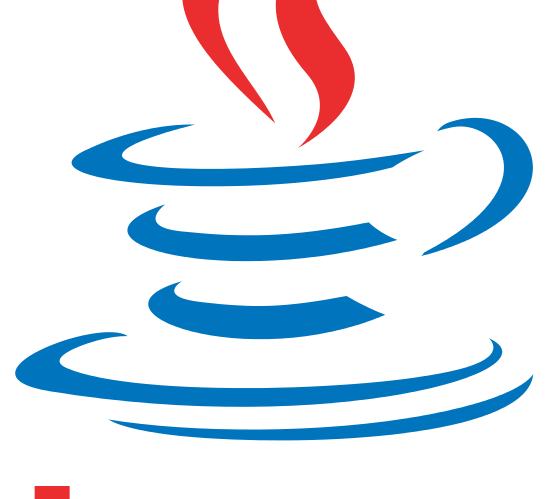Goals
- Master the fundamentals of OOP
- Understand the decomposition of a business application into objects (OO design / design)
- Apply the principles of grouping, structuring and communication between the objects of a complex system
- Design OO systems in order to promote maintainability and facilitate change in an iterative context
- Apply SOLID principles
- Understand certain business design models (Repository, Factory, DTO)
- Know the place and differences between architectural styles
- Know some models architectural (DDD, Clean Architecture …)
- Design weakly coupled and cohesive applications.
Program
Encapsulation: interest, good practices
Aggregation of objects
Inheritance: use case, preference for composition
Polymorphism: ad-hoc, subtyping, parametric types
Value Objects
Virtuous circle of ignorance
Workshop: building a coherent class scheme
Tell don’t ask
Dependency management
Breakdown of business rules based on interaction
Behavior-based design
Demeter’s Law
Workshop: implementation of behavior patterns
Design by concepts rather than by data: concepts, object types
Hexagonal Architecture
Presentation of SOLID
principles Unique responsibility
principle (SRP) Open-close principle (OCP)
Workshop: multiple examples of bad / good implementation
Abstraction-Instability metric (RC Martin)
Liskov substitution principle (LSP)
Composition versus inheritance
Principle of interface segregation (ISP)
Workshop: analysis of a code and presentation of metrics – rewriting of concrete examples
Modular
design Business domain design (DDD overview)
Infrastructure separation (persistence, UI, ORM, etc.)
Dependency inversion principle (DIP)
Repositories (Repositories)
Transport object (DTO)
Presentation of clean architecture
Workshop: implementing a layered applicaion
Duration
3 days
Price
£ 1530
Audience
Java Developers
Prerequisites
Have taken the Java Initiation + Deepening course or equivalent concepts
Reference
JAV100952-F
Sessions
Contact us for more informations about session date

